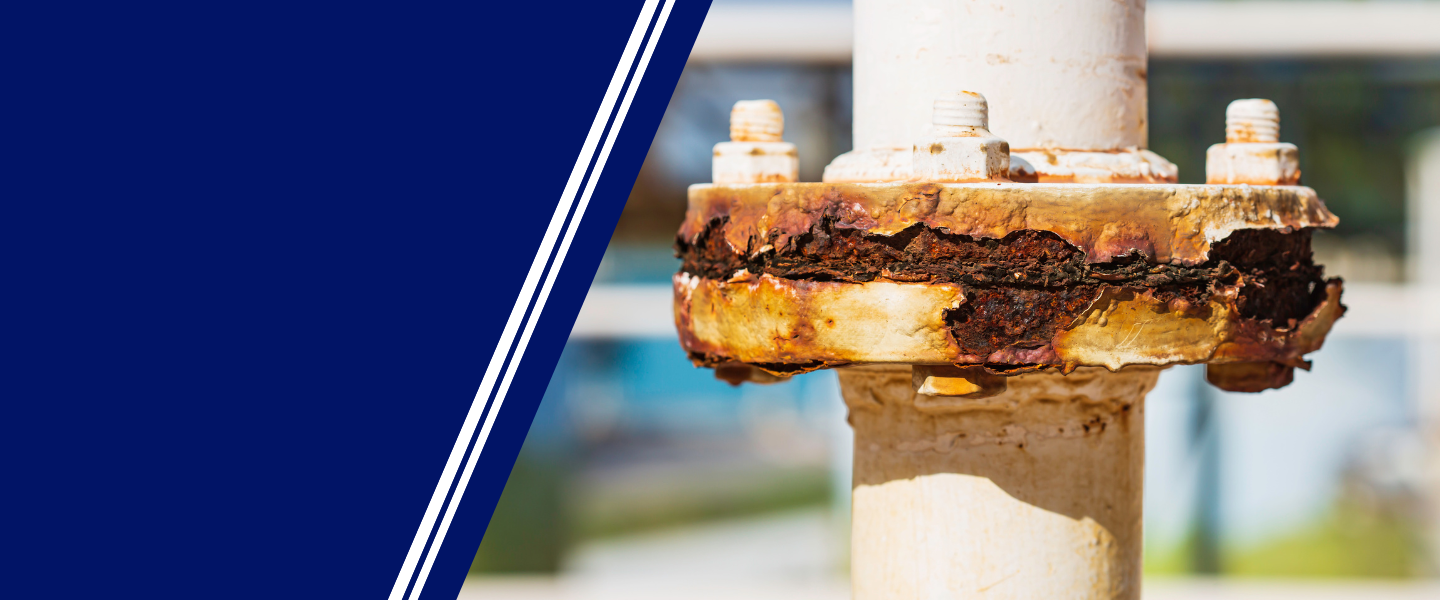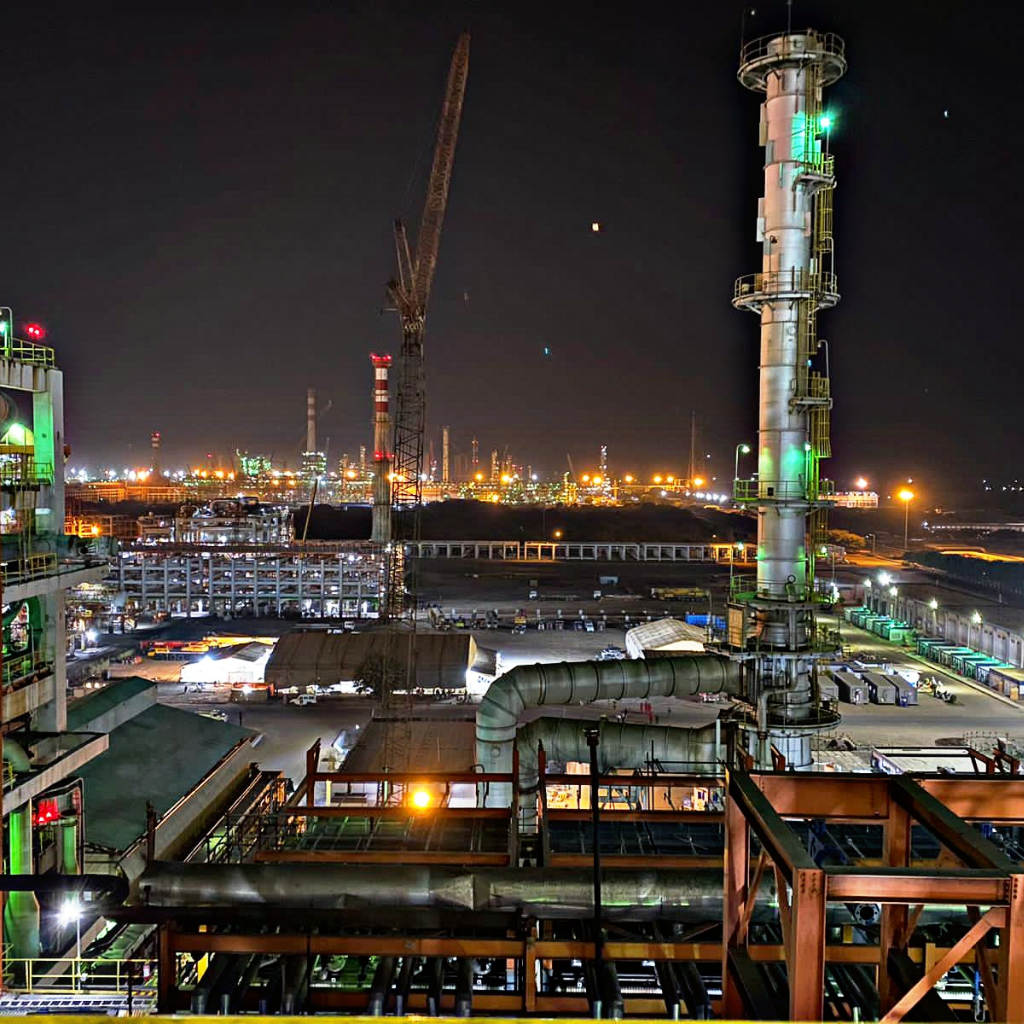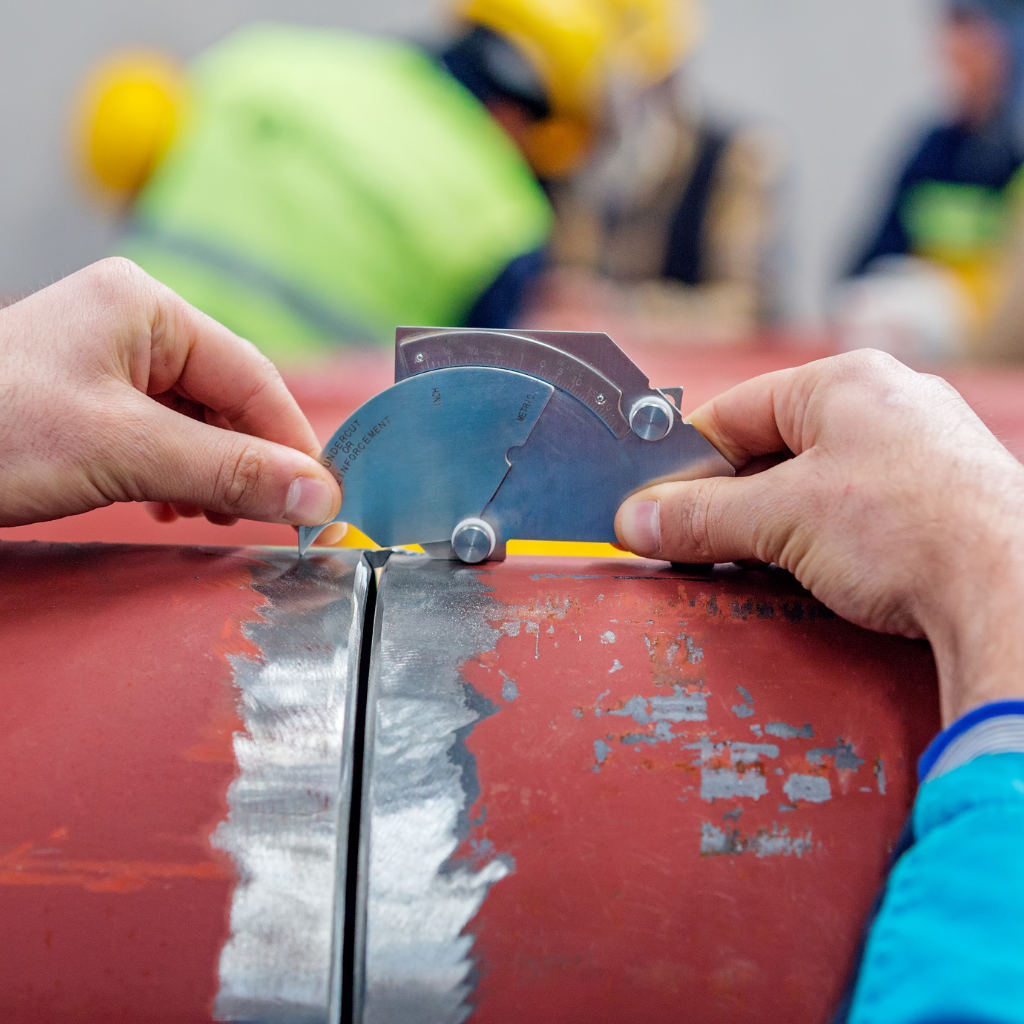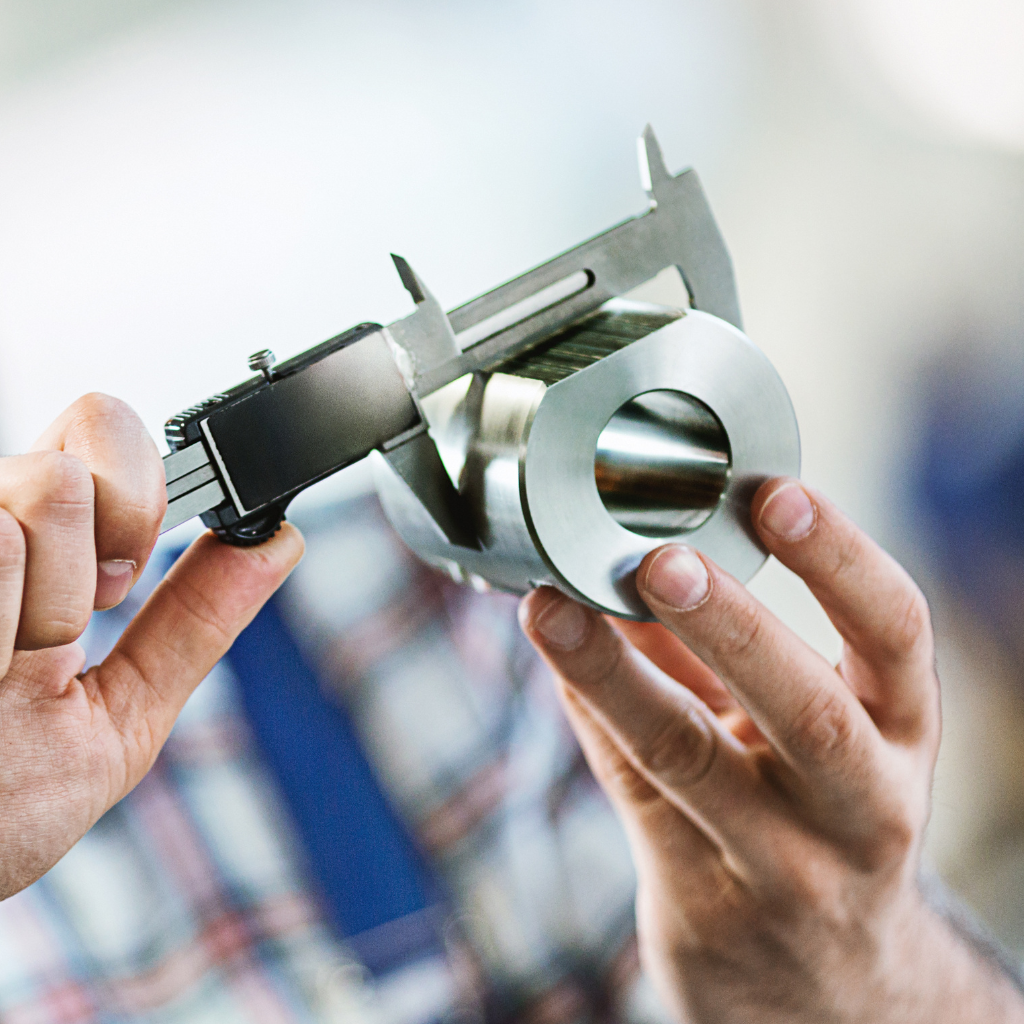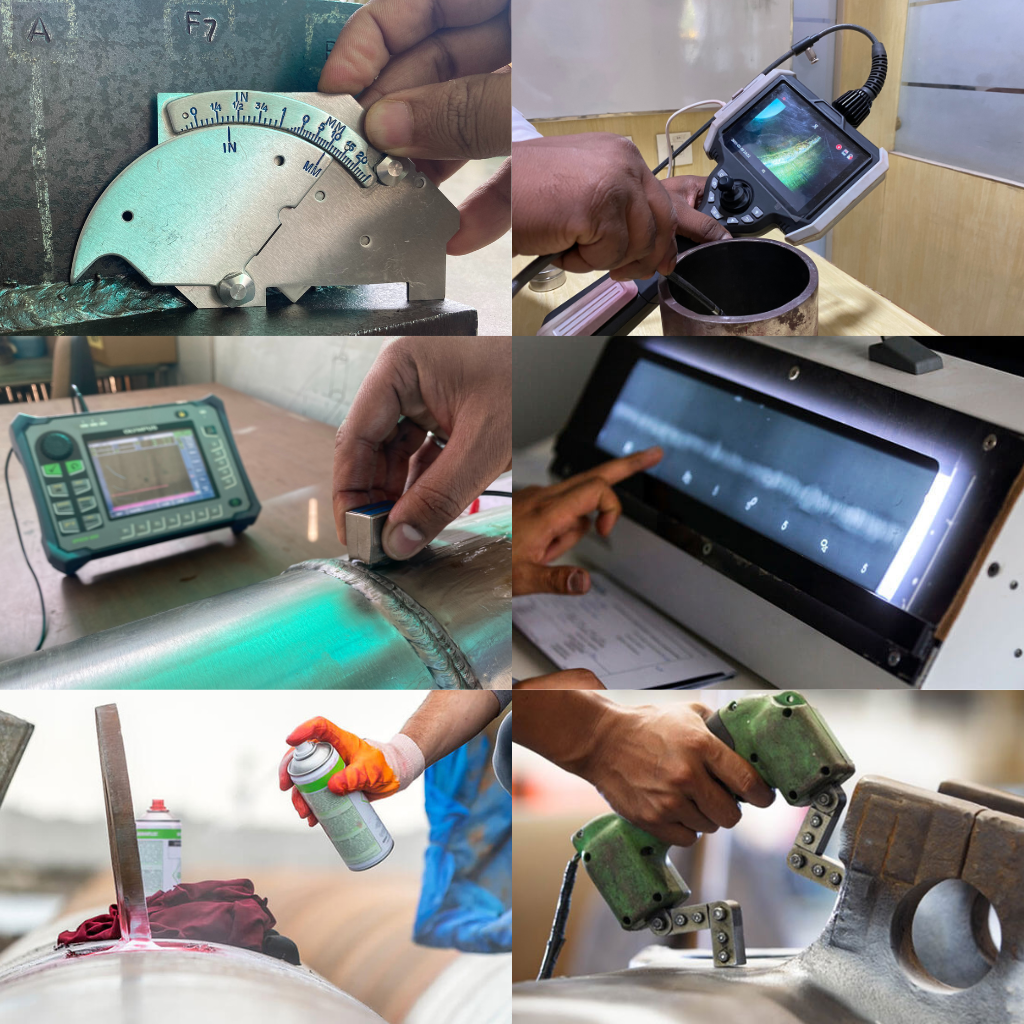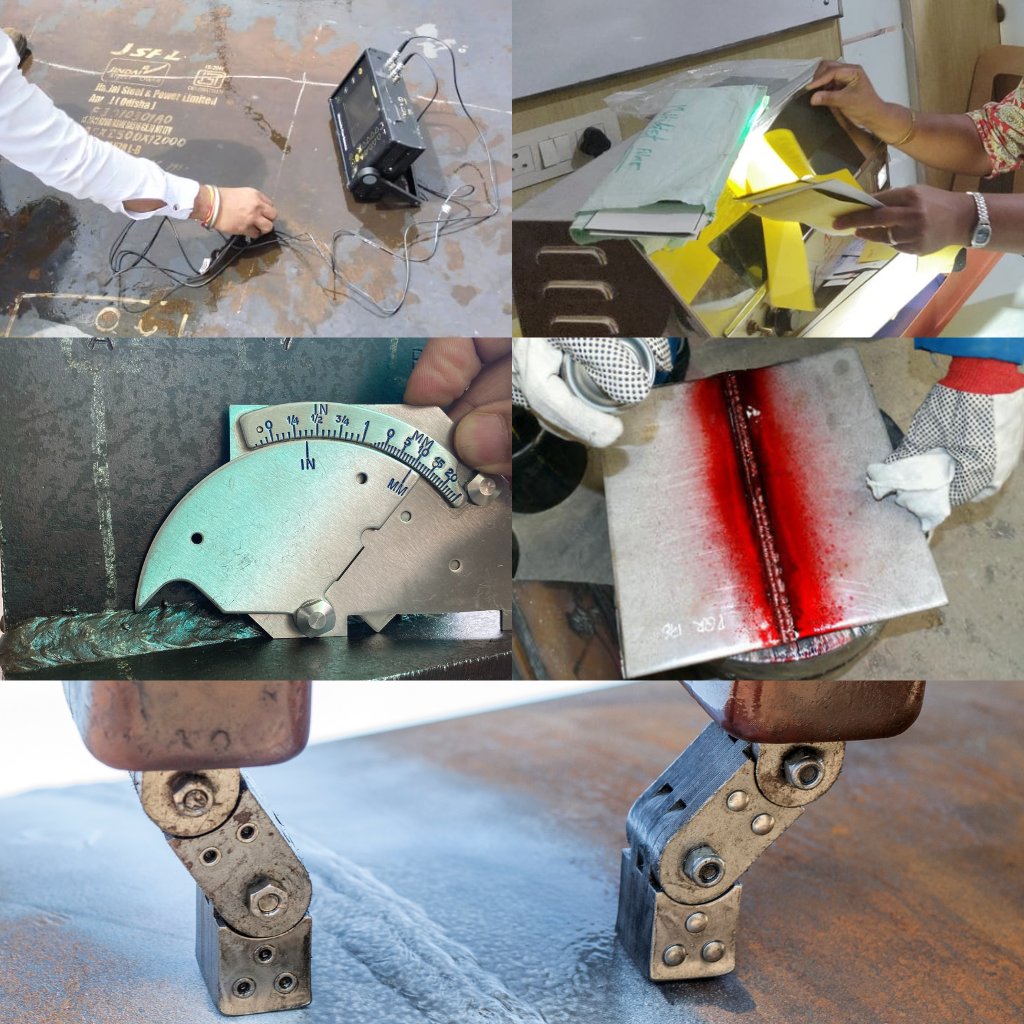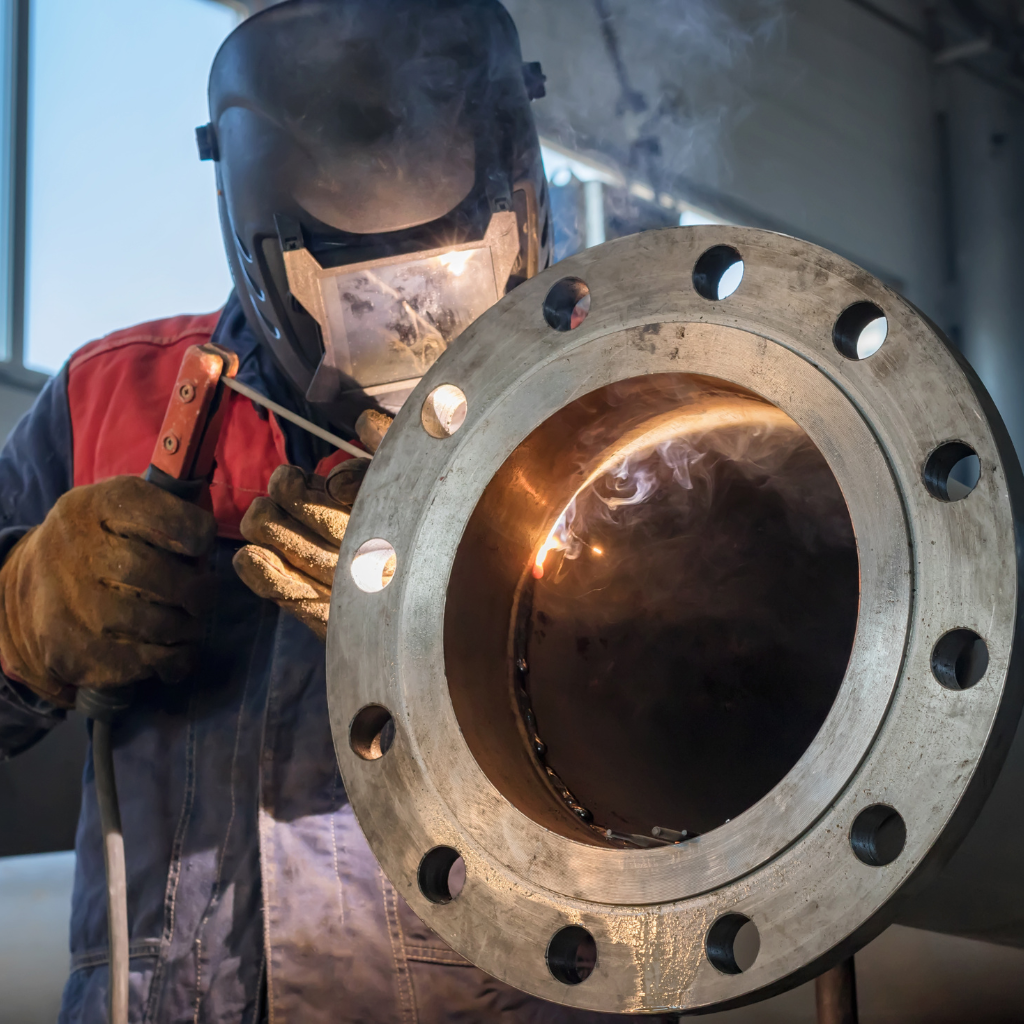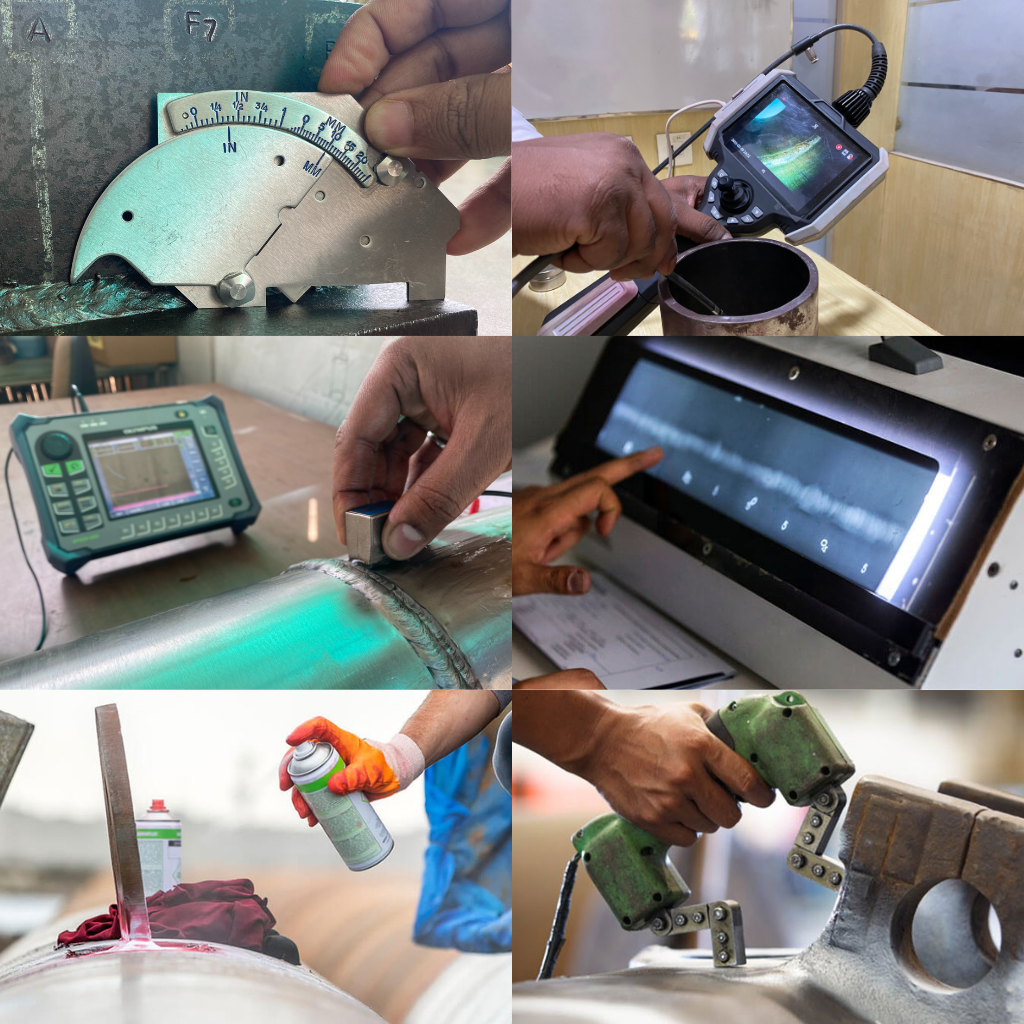Overview
To improve safety, reliability, and minimize liability of fixed equipment by learning common damage mechanisms in the refining and petrochemical industry as covered in API 571 are the primary objectives. The roles of the engineer and inspector in identifying affected materials and equipment, critical factors, appearance of damage, prevention and mitigation, inspection and monitoring will be covered to introduce the concepts of service-induced deterioration and failure modes. This course is intended for anyone interested in gaining a fundamental understanding of damage mechanisms in metals.
| Start Date | End Date | Duration | Venue | Registration |
|---|---|---|---|---|
| 3rd Nov 2025 | 6th Nov 2025 | 4 day(s) | Online + classroom | Register |
| 2nd Mar 2026 | 5th Mar 2026 | 4 day(s) | Online + classroom | Register |
| 1st Jul 2026 | 4th Jul 2026 | 4 day(s) | Online + classroom | Register |
| 2nd Nov 2026 | 5th Nov 2026 | 4 day(s) | Online + classroom | Register |
Engineers, inspectors, designers, and experienced maintenance personnel who are involved in designing, operating, maintaining, repairing, inspecting and analyzing pressure vessels, piping, tanks and pipelines for safe operations in the refining, petrochemical and other related industries. It will assist with API 579 and API 580 evaluations and API 571 ICP exam candidates.
If you hold a current API 510, 570 or 653 certification, you automatically qualify to take the API 571 Corrosion and Materials certification exam.
If you do not hold a current API 510, 570 or 653 certification, then qualification is based on a combination of your level of education and industry experience acquired within the last 10 years.
Prior to submitting an application, please use the table below to determine if you qualify to take the API 571 exam. The minimum experience required MUST be documented on your application.
Education Years of Experience Experience Required :
Education Years of Experience Experience Required
BS or higher in engineering or technology 1 year Any experience in the petrochemical industry
2-year degree or certificate in engineering or technology 2 years Any experience in the petrochemical industry
High school diploma or equivalent 3 years Any experience in the petrochemical industry
No formal education 5 or more years Any experience in the petrochemical industry


